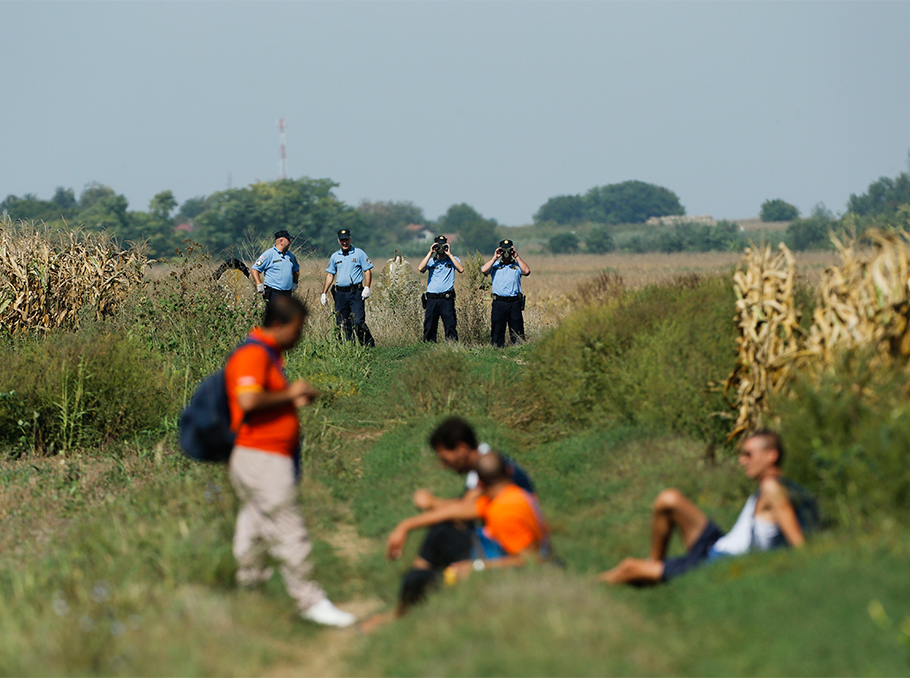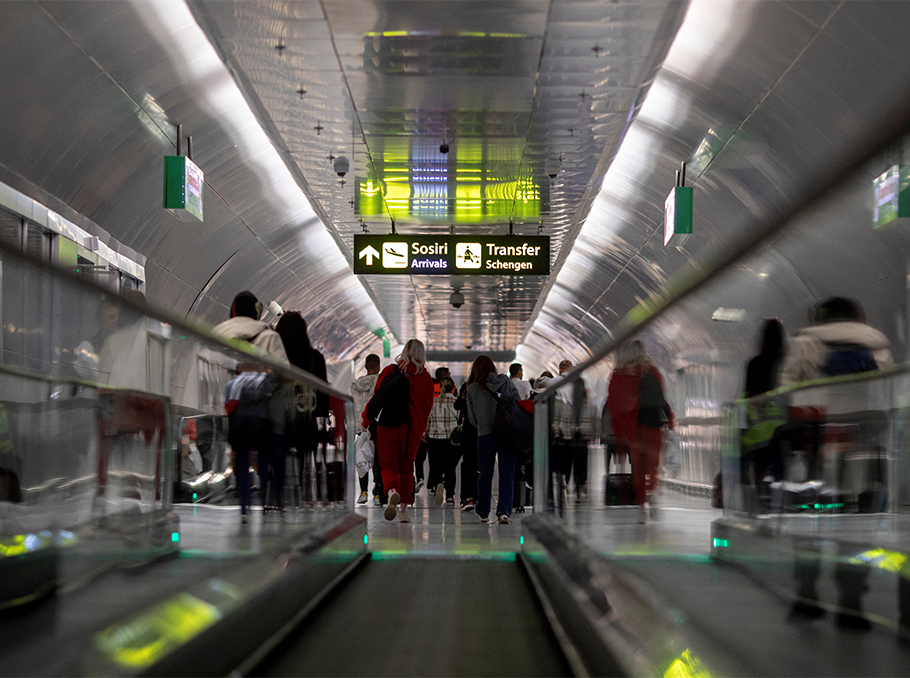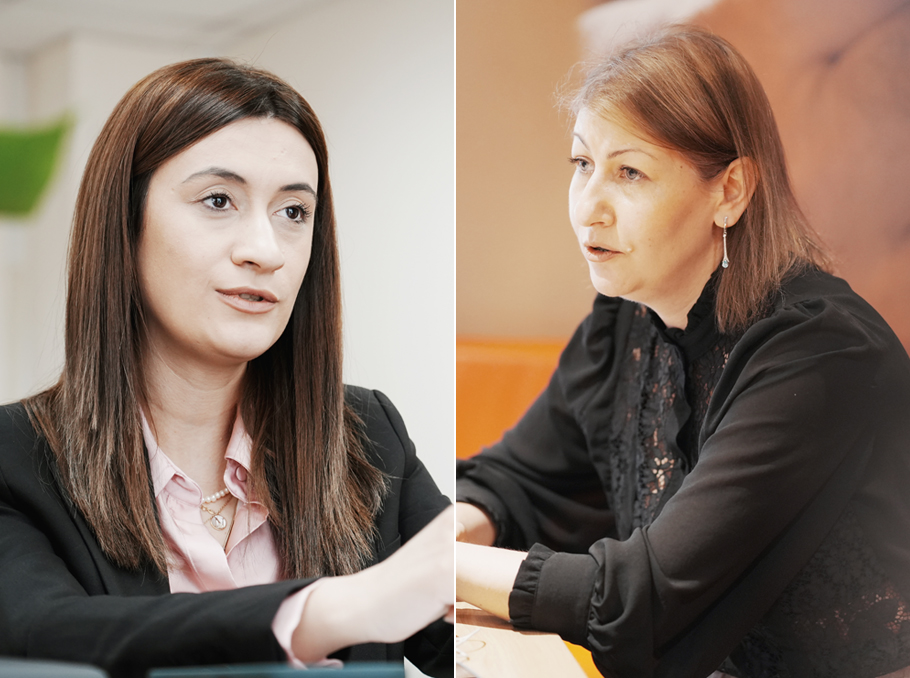For many, the journey from the “European dream” to a legal dead end can be alarmingly short – especially when a decision to leave the country is based on misinformation and unrealistic expectations.
Faced with economic hardship, unemployment, health issues, or personal struggles, some Armenian citizens turn to irregular migration in the hope of finding a better life in Europe.
Europe is commonly seen as a land of opportunity – offering security, strong social systems, and a fast track to legal residency. However, many do not realize that violating immigration laws can lead to a number of legal risks: deportation, detention, and fines.
In this article we present the real dangers hidden behind common myths about illegal migration and asylum seeking (popularly known as surrendering).
Myth 1: Europe accepts everyone
Reaching Europe does not guarantee success or a better life. The asylum or refugee status determination process within the EU can take several years and end in rejection. During this period, living conditions, freedom of movement, and support are severely limited. EU countries grant asylum only to those who present well-founded and substantiated claims.
Myth 2: Obtaining legal status in the EU is easy and fast
In case of irregular migration, people are stripped of many basic rights, including the ability to work legally, rent proper housing, or access healthcare and education. Many find themselves in shadow employment arrangements, live in overcrowded shelters and precarious conditions, in constant fear of deportation.
Myth 3: All migrants in the EU receive high benefits and support
Social assistance in the EU is mainly intended for people with legal status. In some cases, it can also be provided to asylum seekers, but it is limited and temporary. People in illegal status usually do not have access to the support system.
Myth 4: It is easy to find a job in the EU, even without documents and language skills
Lack of language skills, professional skills and documentation are serious obstacles to finding work in the EU. Finding work without legal status is not only difficult, but also fraught with risks of exploitation and rights violations. Many end up in the informal economy, where they face exploitative conditions, low wages, and no legal protection.
Myth 5: Having a child in Europe guarantees you won’t be deported
The birth of a child in the EU does not automatically grant legal status. If the parents are residing illegally and have applied for asylum using falsified information, the data recorded for their child born in the host country may also be inaccurate. In the event that the asylum application is rejected, the child cannot be identified in any official database. As a result, the authorities of the host country cannot permit the family to return to their country of origin with a child whose citizenship cannot be verified. A long and costly legal process begins. As a result, the birth of a child further complicates the status of illegal migrant parents and even makes it impossible for them to return together to their country of permanent residence.

Photo: REUTERS
Myth 6: If I say I was harassed, I will definitely get a refugee status
To be granted a refugee status, an applicant must clearly prove they are persecuted due to their religion, nationality, political opinion or social affiliation. The stories are carefully verified through interviews, documents and other sources. If the story lacks credibility or supporting evidence, the application is denied.
Myth 7: The longer you stay in the EU, the bigger is the chance to legalize the status
In most EU countries, the legalization process is not determined by the length of an individual’s stay, but rather by the legitimacy and documentation of their grounds for residence. Applications based on legal employment, education, family reunification, health conditions, or refugee status are prioritized. Residing without legal documents for many years does not make the path to legalization easier. Simply spending a long period in Europe does not guarantee legal status; it is necessary to choose a lawful migration route and adhere to the established procedures.
Also read.
Towards the EU “green light”: Negotiations and migration risks
Illegal migration: Unconscious decisions and the state’s reputation
This article was produced within “Reinforcement of the Migration Management System in the Republic of Armenia” project implemented by People in Need. The project is co-funded by the European Union through the Migration Partnership Facility (MPF) implemented by the International Centre for Migration Policy Development (ICMPD).































Comments
Dear visitors, You can place your opinion on the material using your Facebook account. Please, be polite and follow our simple rules: you are not allowed to make off - topic comments, place advertisements, use abusive and filthy language. The editorial staff reserves the right to moderate and delete comments in case of breach of the rules.